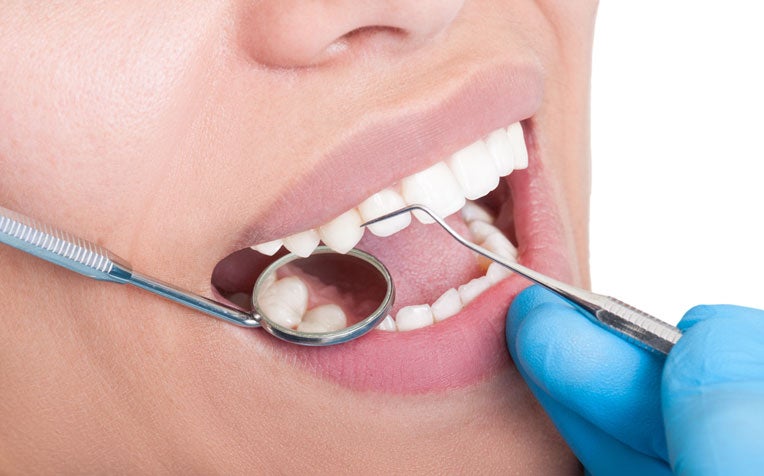HealthXchange will NEVER ask you to transfer money over a call. If in doubt, call the 24/7 ScamShield helpline at 1799, or visit the ScamShield website at www.scamshield.gov.sg.
Diabetes and Gum Disease: Tips You Should Know

Maintain good oral health in order to prevent dental problems such as bad breath and tooth decay.
You need to take good care of your teeth and gums if you have diabetes. That’s because this chronic disorder characterised by high blood sugar, increases your risk of dental problems such as bad breath, tooth decay and periodontal (gum) disease.
Gingivitis, which is inflammation of the gumline, and periodontitis, an advanced condition which can develop from untreated gingivitis, are some of the complications of uncontrolled diabetes. Gum disease which is untreated may eventually lead to loss of the affected teeth.
“People with diabetes are more likely to have gum disease than people without diabetes, because diabetics are more prone to developing infections, as high blood sugar levels can weaken the patient's immune system defenses,” says Dr Chee Hoe Kit, Consultant, Periodontics Unit, Department of Restorative Dentistry, National Dental Centre Singapore (NDCS), a member of the SingHealth group. “However, diabetics whose blood sugar levels are well-controlled and those who have good oral hygiene, may have a lower risk of gum disease.”
Research suggests that the relationship between diabetes and gum disease, such as gingivitis and periodontitis, is a two-way street: People with diabetes are more at risk of gum disease; and untreated gum disease can cause blood sugar to rise.
“In the light of this, individuals who have severe gum disease may have undiagnosed diabetes, especially if the patient has no obvious signs of poor oral hygiene or who does not respond well to initial gum treatment,” says Dr Chee.
Diabetes: Your teeth is telling you to get screened
You should be screened for pre-diabetes/diabetes if you have the following:
- Signs of severe gum disease eg. Frequent or multiple gum swellings, bleeding gums, drifted or shaky teeth
- Over the age of 40
- Has a family history of diabetes.
Dr Chee adds, “When these oral symptoms are detected early, the dentist can refer the patient for medical help.”
6 dental tips for diabetes
Tips for people with diabetes to minimise their risk of gum disease
- Maintain good oral hygiene:
- Brush twice a day with the proper technique.
- Clean in between teeth and below the gum line with dental floss or with an interdental brush, once a day.
- Visit the dentist every 4-6 months, for professional cleaning and a routine check-up.
- Get a comprehensive examination from a gum specialist.
- Maintain a healthy blood sugar level.
- Avoid smoking.
- Eat a balanced diet.
Ref: P16
Contributed by
Related Articles
Conditions & Treatments
Public Events
Get the Health Buddy App
© 2025 SingHealth Group. All Rights Reserved.


















 Get it on Google Play
Get it on Google Play